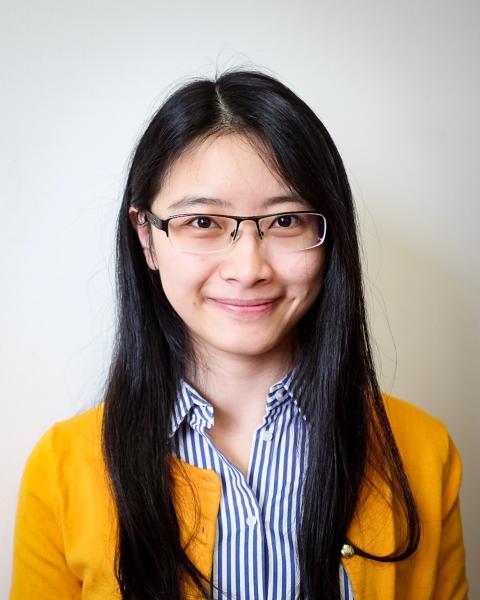LRCCS Interdisciplinary Workshop | Traces of recovering, traces of professionals: the coproduction of recovering addicts and professional social workers in China’s community drug detoxification (rehabilitation) scheme
Yun Chen, Ph.D. Candidate in Social Work and Anthropology, Rackham Graduate School
Who are the recovering drug addicts in contemporary urban China? I started with this question for my 18-month ethnographic fieldwork following frontline anti-drug social workers in Shenzhen, but soon found it surprisingly difficult to answer. Anti-drug social workers, who have become the main institutional actors of contact for people with drug use records (PDUR), simply did not have much interaction with PDURs. In this chapter, I discuss how these social workers managed/served their PDUR clients who were a key target of surveillance under China’s social governance regime. Devoting most of their time to pragmatically fulfilling various institutional mandates of information tracking, rather than to actually interacting with PDURs, social workers to a certain extent have enacted the state’s ambitious (but porous) project of surveillance. Given this intense focus on making traces, a PDUR’s recovering status was signified not by changes in their embodied lives, but by the production of proper documents at proper times, which could only be traces that partially (if not falsely) indexed their modes of being. On the other hand, I also show how PDURs in some cases willingly left traces in their interactions with social workers, which not only contributed to shaping their portraits in accordance with expectations set by the state’s anti-drug system, but also (unintendedly) contributed to forming and sustaining the frontline social workers’ professional identity. In other words, for social workers, who were on the margin of the bureaucratic ladder and were often ethically confronted by the nature of their work as social control rather than caring for the persons, having real-life interactions with PDURs have become important traces indexing their (all too slippery) professional status. Examining the street-level coproduction of recovering addicts and professional social workers reveals the layers of subordination and spaces of agency in China’s urban social governance regime.
Please register at: https://docs.google.com/forms/d/e/1FAIpQLSf7T5DXT_88E88MIv42dTZprOawnEjiIwqN42LekWhPkeYNrA/viewform?usp=pp_url
Please register at: https://docs.google.com/forms/d/e/1FAIpQLSf7T5DXT_88E88MIv42dTZprOawnEjiIwqN42LekWhPkeYNrA/viewform?usp=pp_url
| Building: | Weiser Hall |
|---|---|
| Event Type: | Workshop / Seminar |
| Tags: | Asia, china |
| Source: | Happening @ Michigan from Lieberthal-Rogel Center for Chinese Studies |


